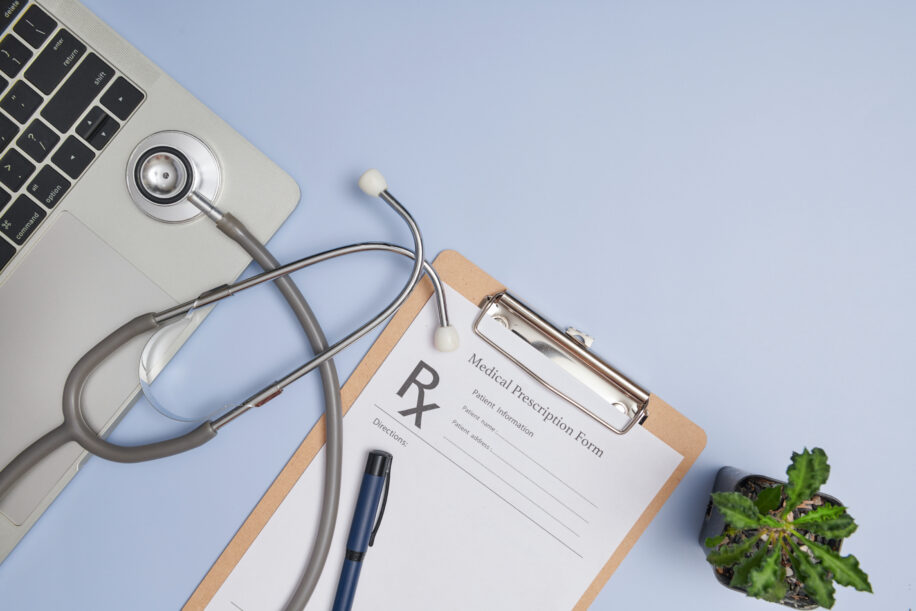Use of a common class of antibiotics should be limited due to a risk of potentially permanent side effects. The FDA has approved safety labeling changes for antibiotics fluoroquinolones given that an agency safety review found that both oral and injectable fluoroquinolones are associated with disabling side effects involving tendons, muscles, joints, nerves and the central nervous system. These side effects can happen hours to weeks after the drug is taken. Common fluoroquinolones include Levaquin (levofloxacin), Cipro (ciprofloxacin), Avelox (moxifloxacin), Floxin (ofloxacin) and Factive (gemifloxacin). The new labeling also limits fluoroquinolones to patients who are unable to take other antibiotics for acute bacterial sinusitis, acute bacterial exacerbation of chronic bronchitis and uncomplicated urinary tract infections. Posted July 26, 2016. Via FDA for antibiotics.
Half of Americans may be misusing their prescription medications by taking other drugs that could lead to drug-drug interactions, according to a new report from Quest Diagnostics. The lab test company analyzed more than 3.1 million results from lab specimens collected between 2011 and 2015. Quest found that last year, 54% of the specimens indicated misuse of prescription drugs, mostly as a result of taking other drugs either non-prescribed or illicit. The figure was 53% in 2014 and 63% in 2011. Results also showed that 28.6% of samples that tested positive for heroin also tested positive for benzodiazepines. Most troubling was that benzodiazepines were not prescribed in 90% of these cases. Benzos were found to be the most popular drug that led to “inconsistent” test results among all age groups, followed by opioids. Posted July 27, 2016. Via Quest Diagnostics.
The FDA has approved a new once-daily injection to treat type 2 diabetes. Adlyxin (lixisenatide) is known as a glucagon-like peptide-1 (GLP-1) receptor agonist. Other approved drugs in this class include Byetta (exenatide), Victoza (liraglutide) and Trulicity (dulaglutide). Adlyxin’s safety and effectiveness was demonstrated in 10 clinical trials that enrolled 5,400 patients with type 2 diabetes. In addition, patients at risk for atherosclerotic cardiovascular disease treated with Adlyxin did not have an increased risk of cardiovascular adverse events. The most common side effects seen with Adlyxin were nausea, vomiting, headache, diarrhea and dizziness. Hypoglycemia was also evident in some patients treated with both Adlyxin and other antidiabetic drugs. Posted July 28, 2016. Via FDA.






